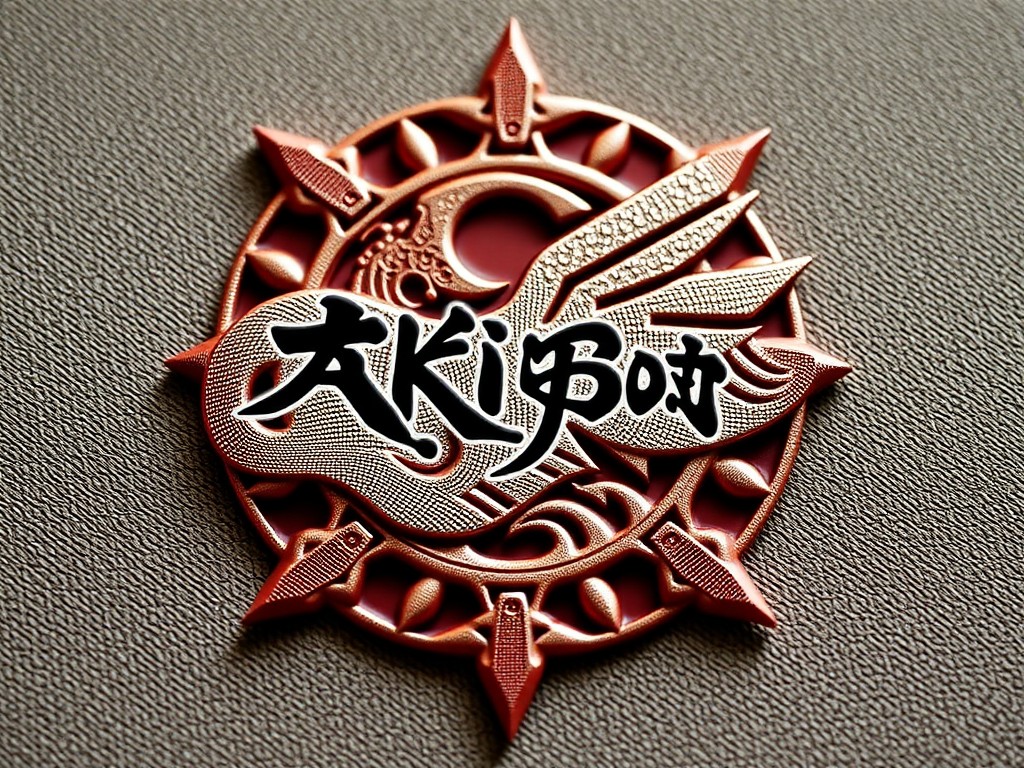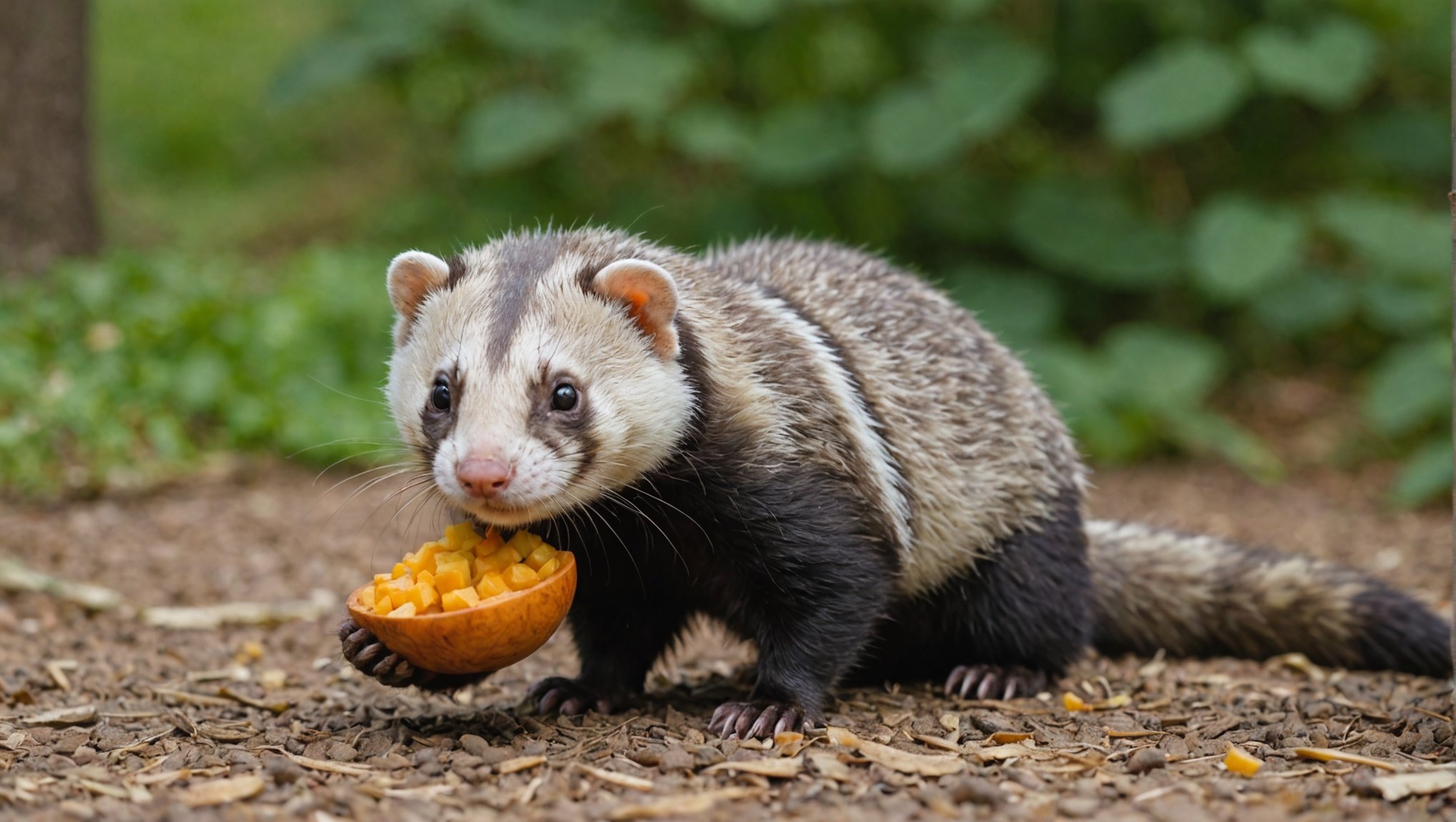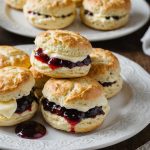Understanding the Nutritional Needs of Senior Ferrets
Exploring the nutritional needs of senior ferrets reveals significant changes their diet requires as they age. Much like humans, older ferrets need adjusted dietary requirements to support their health during this stage of life.
As ferrets age, their metabolic rate often decreases, making it crucial to monitor their dietary intake. This involves tweaking the levels of proteins and fats they consume. For senior health, a higher protein diet is essential since protein supports muscle maintenance and repair. Fat levels should be moderate to avoid weight gain and support overall energy requirements.
Also to read : Crafting an Enriching and Secure Habitat for Your Pet Hamster: Tips and Tricks
In addition to macronutrients, the incorporation of key vitamins and minerals is vital. Vitamins such as Vitamin E and B-complex play significant roles in maintaining a healthy immune system and cognitive function, while minerals like calcium and phosphorus are critical for bone health.
Age-related dietary changes not only help in managing the typical weight gain that can occur in senior ferrets but also aid in maintaining their energy levels and overall well-being. The careful balancing of these dietary requirements is necessary to ensure they continue to thrive as they grow older, making each adaptation in their diet pivotal for optimal health.
In parallel : Bringing Home a Kitten: A Guide to Harmonizing Felines in a Dog-Dominated Household
Recommended Food Types for Senior Ferrets
Understanding the dietary needs of senior ferrets is pivotal to ensuring their long-lasting health and vitality. A dedicated focus must be placed on choosing the best foods to meet these needs, as ferrets age and their nutritional requirements shift.
Commercial Diet Options
When selecting the best foods for a senior ferret’s diet, commercially prepared options present a convenient and nutritious choice. These diets are precisely balanced to cater to ferrets, offering nutrient-rich options that support their specific dietary needs. Many commercial brands provide carefully formulated kibble that includes essential vitamins and proteins crucial for a ferret’s well-being.
Homemade Diet Considerations
On the other hand, crafting a homemade diet can be a rewarding approach, though it requires careful planning. It is essential for homemade meals to include nutrient-rich ingredients that ensure senior ferrets receive all necessary nutrients. Some commonly used ingredients are raw meat, cooked eggs, and a variety of organ meats. The preparation of homemade meals allows for greater control over the quality of ingredients and can be tailored to any dietary preferences or restrictions a senior ferret might have.
The Role of Treats and Supplements
In addition to regular meals, the inclusion of treats and supplements can enrich a senior ferret’s diet. Opt for natural treats, such as cooked chicken or turkey bits, which should be given in moderation to avoid unnecessary weight gain. Supplements can address any specific nutritional shortfalls and contribute to maintaining the overall health and vitality of a ferret’s life.
Portion Sizes and Feeding Schedules
Senior ferrets require special attention when it comes to feeding guidelines. To determine appropriate portion sizes for older ferrets, consider both their age and activity level. Ferrets typically need smaller portions as they age due to a natural decline in energy requirements. Maintaining proper portion control is essential to prevent obesity, which is a common issue among senior pets.
Older ferrets should be fed more frequently, ideally every 4-6 hours. This frequent feeding schedule helps maintain their metabolism. However, it is crucial to strike a balance between feeding frequency and portion size—providing too much food too often can lead to weight gain, while not feeding enough can cause malnutrition.
Adjusting the diet according to your ferret’s health status is also of utmost importance. For example, if your ferret becomes less active due to age-related health issues, consider reducing their portion sizes to avoid unwanted weight gain. Conversely, if your ferret has an increased activity level, you might need to adjust their diet by slightly increasing the food portions. Consulting a vet experienced with ferrets can provide personalized feeding recommendations.
In summary, careful attention to portion sizes and feeding schedules is imperative for maintaining the health of senior ferrets. Feeding guidelines should always consider the individual needs of each ferret for optimal wellbeing.
Tips for Transitioning Diets
Transitioning your ferret’s diet requires thoughtful consideration and careful monitoring to ensure a smooth adjustment. Given their unique digestion, ferrets benefit significantly from personalised feeding tips tailored to their needs.
Gradual Transition Methods
When shifting diets, a gradual transition is crucial to avoid upsetting your ferret’s digestion. Start by mixing a small portion of the new food with the existing one. Slowly increase the proportion of the new diet while reducing the old one over a period of 7 to 10 days. This helps the ferret’s digestive system adjust without unnecessary stress.
Identifying Food Preferences
Recognising your ferret’s food preferences is also essential during this process. Observe which foods they naturally gravitate towards, and introduce new options incrementally to determine their favourites. Offer a variety of textures and flavours to engage their curiosity and cater to their natural inclinations.
Monitoring Health During Transition
Monitoring health is vital during a diet shift. Watch for signs of digestive distress, such as changes in stool consistency, decreased appetite, or lethargy. If these signs occur, reassess and slow the transition process. Adjustments based on individual needs ensure the ferret’s health and nutrition are not compromised. Always be ready to consult a veterinarian for personal advice, particularly if your ferret shows prolonged signs of discomfort.
Common Health Concerns Related to Diet
Understanding health issues related to diet is vital for maintaining senior ferret health. A key area of concern is diet-related problems, which can significantly impact the well-being of aging ferrets. Identifying and managing obesity in senior ferrets can be quite challenging. To effectively combat this, it is important to adopt comprehensive weight management strategies. These may include adjusting portion sizes, incorporating low-calorie foods, and ensuring consistent exercise routines to keep their weight in check.
Dental health issues are another frequent concern. Ferrets can suffer from dental problems due to improper diets, which may contain too much sugar or soft foods. It’s crucial to offer a balanced diet with the right texture that promotes dental hygiene, such as crunchy pellets or specially formulated dental treats.
Lastly, digestive problems can arise from an inappropriate diet. Ferrets are obligate carnivores, meaning their digestive systems are not built to process plant materials well. A diet too high in carbohydrates can lead to gastrointestinal disturbances. Ensuring a protein-rich diet, emulating what they might consume in the wild, will help prevent such issues and support overall senior ferret health. Maintaining a balanced diet is essential in addressing these distinct yet interconnected health concerns.
Homemade Recipes for Senior Ferrets
Senior ferrets often have specific dietary needs that can be met with carefully curated homemade meals. Creating nutrient-rich recipes ensures that they receive all the necessary vitamins and proteins for their health.
Easy-to-Make Meals
Preparing meals at home for your ferrets doesn’t have to be complicated. Start with a simple ferret recipe using cooked chicken breast, which is an excellent source of high-quality protein. Combine the chicken with small amounts of boneless salmon to provide essential Omega-3 fatty acids. Always remember to remove any bones to ensure safety.
Nutritional Supplements for Homemade Diets
Balancing homemade meals with nutritional supplements is crucial to ensure that your ferrets receive a comprehensive diet. Consider adding a multivitamin specifically designed for ferrets or small pets to their meal. Egg yolks, known for their lecithin content, can also be a beneficial addition.
Recipe Ideas for Variety
Providing variety in homemade meals can prevent dietary boredom. Incorporate small amounts of liver occasionally for a vitamin A boost, but not too frequently, as excess can be harmful. Mix in cooked vegetables such as pumpkin to aid digestion, but ensure these aren’t the main component, as ferrets are obligate carnivores and require primarily meat-based diets.






